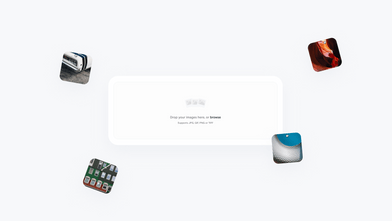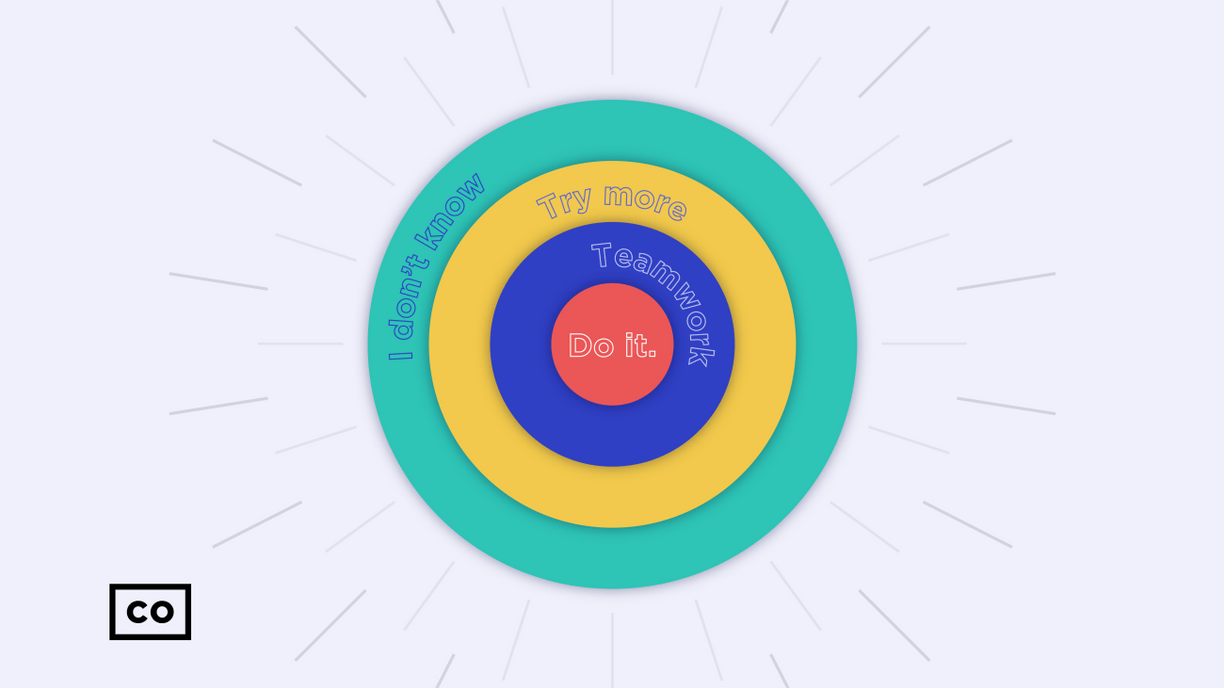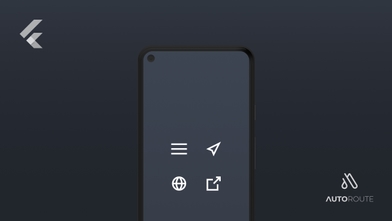There are some big tips out there that will teach you the core fundamentals (mostly technical) to withstand, as a junior developer, the first times at a company. This post, however, focuses on traits that are a bit more on the personality side of the role (I guess you could say that it’s aimed to help you being human 🤔).
Although the post starts by focusing on self-taught developers, it’s actually for everybody. The reason I chose to speak closely to the self-taught developers out there is because I’m one of them.
To talk a bit about myself, I’m a self-taught Front End Developer with a Master’s Degree in Psychology (completely changing my career path) and I got my first job as a Front End Web Developer at Coletiv, a software development studio from Porto 😎
In this post, I intend to cover 4 important tips that helped me improve myself and that I find fundamental to turn your first software development role (or any role at any profession, really) a more pleasant experience (for you and your peers).
So, without further ado, let’s do it!

Tip 1: Learn to say “I Don’t Know”
No one expects you to know everything but they do expect you to tell them when you don’t. Be comfortable showing your own level.
Saying I don’t know shows that you’re comfortable with your own knowledge and that you understand your weaknesses. It allows your mentors, colleagues or peers to adjust their speech and, if you add “But can you show me?” to it, they will guide you and show you the resources so you can change that I don’t know to Yeah, of course I know!
Don’t try to pretend like you do know about the subjects if you have no idea what people are talking about. You won’t gain anything with it. You’ll be left with no answers and a lot of doubts and the only profit you might take from it is a slight ego boost!
Tip 2: Have the ability and will to learn
The ability to learn
If you still haven’t figured what’s your best study and learning method, work some late hours trying to figure it out so you can ask for resources similar to your preferred way. That way you can get specialized help and resources without feeling like you’re spinning your wheels.
If video tutorials aren’t for you, ask for books. If books aren’t for you, check the documentation. If the documentation isn’t cutting it, create a mini-project that tackles whatever you’re learning.
The will to learn
Of course, resources and the perfect way of studying mean nothing if there’s no will of tackling your difficulties. You might get away a couple of times by reading an answer on StackOverflow but you DO want to learn and understand what you’re working with; I believe that’s the only way of actually doing some progress.
Allow yourself to study past work hours. Do it for yourself. Not for the job but for yourself since you probably already sacrificed a lot to be here. So why stop now?
Tip 3: Keep teaching yourself
Be the first one to know your own weaknesses. If you don’t stay hungry, you’ll never know what you’re missing out on your knowledge and curriculum. Look for new stuff and have a reading list. Take notes of everything that seems new (but relatable to your area) and prioritize what seems to give you the edge.
If you’re working with React and your knowledge of useEffect seems a bit wonky, don’t wait for others to point it out so you do something about it.
Stay hungry!
Tip 4: Don’t be a lone wolf
No one is against you… or, if there is someone against, it’s probably someone who doesn’t matter. Your mentors, colleagues, and peers want to hang out with you and help you! If they didn’t, they probably wouldn’t have hired you.
Allow yourself to open up and make the working environment more friendly towards you. It will make things easier when you’ll eventually ask for help and it’s just better to get to know people.
We’re all used to work alone but this time we can share a joke from time to time and actually connect with someone and we have the opportunity to share knowledge, ideas and to get better together!
That’s pretty much it!
I think these four tips cover what I think to be essentials to actually get through your first job as a developer. Sure, there is a lot more to talk about but, for me, Being hungry, Staying humble, and Being a people person take the cake since they will help you level up your knowledge and increase your connection.
So, if I had to shorten this article to a single phrase, it would be this
Having technical skills is important but being willing to DO, TRY and FAIL is critical
Are there any other tips you consider important? Share them in the comments!




